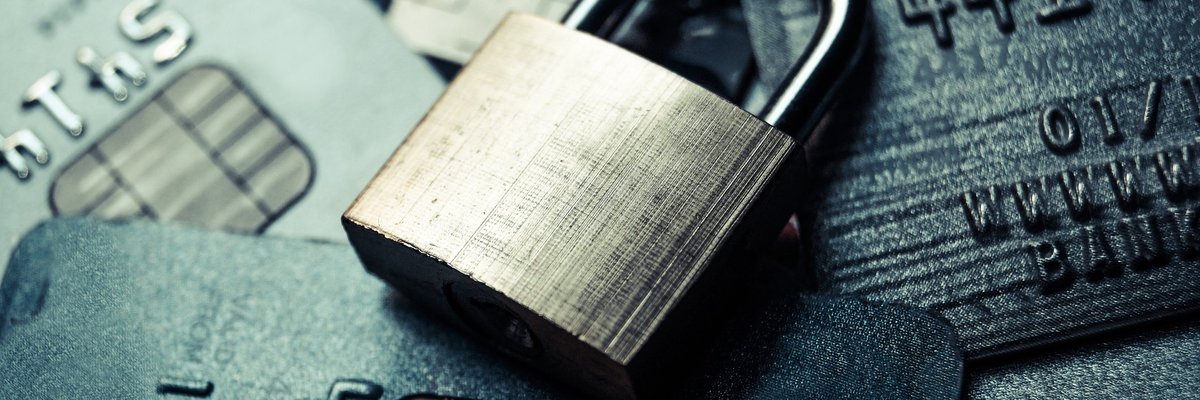5 Security Features Every Good Bank Offers
If your bank doesn't have these, it might be time to get a new bank.
If you've ever had a fraudulent transaction show up on your bank account, you know how stressful that experience can be.
That's why it's not surprising that security is a top priority for most people when choosing a bank. A recent study done by Motley Fool Money on what consumers want from banks shows that security and fraud protection is the third most important feature consumers look for in a bank, just slightly behind quality customer service and low fees.
But how do you know if your bank is truly secure? Now that mobile and online banking are everywhere, here are five features you should look for to keep your money safe.
1. Multi-factor authentication
Multi-factor authentication is a crucial security feature that should be standard to all banks, as it greatly decreases the chance of someone gaining access to your account. This is when a bank requires more than one method for authenticating that it's actually you logging on to your account. In addition to asking for your password, the bank may also text or email you a verification code, or ask for biometric authentication such as your fingerprint. That way, even if someone finds your password, they're still unlikely to get into your bank account.
2. Secure messaging
When you communicate with your bank, chances are good that you mention sensitive information you wouldn't want just anyone to know. This is why most banks now offer secure messaging. Secure messaging allows customers to send messages to the bank within the bank's system. Messages are delivered securely to ensure that outside parties can't gain access to the contents of your messages. Not only does this add security to your communications, it also makes it more convenient for you to contact your bank.
3. Data encryption
It sounds fancy, but data encryption is basically the process of transmitting sensitive data -- such as your account numbers -- via code. This renders your information unreadable to anyone who doesn't have the proper key to decrypt it. In other words, if someone were to intercept data you've sent through your online banking platform, it wouldn't be usable. All banks have some form of data encryption, but you can double check that the online banking system you're using is safe by making sure the web address begins with HTTPS instead of HTTP. There should also be a locked padlock icon in the address bar, to the left of the web address you're visiting.
4. Automatic logout
If you stay logged into your bank account, you risk someone accessing your accounts if they gain access to your device. Unfortunately, you're bound to forget to log out now and then. That's why most banks automatically log you out of your account after a few minutes of inactivity. This simple feature makes sure that if you leave your laptop open in a coffee shop or someone steals your phone, you don't have to worry about their getting into your bank accounts.
5. Account monitoring
While you should regularly monitor your bank accounts, sometimes it's not realistic to expect you to check your accounts daily and catch small, inconspicuous transactions. These small transactions can lead to big ones that drain your checking or savings account, though, so it's important to catch them as soon as they happen. Your bank should actively monitor your account for fraudulent activity to be sure it's caught before too much damage is done.
In addition to providing you with security and monitoring for fraud, your bank should also offer some kind of limited liability policy. For example, many credit cards and some debit cards come with a zero liability policy that states that you aren't responsible for any unauthorized charges made on your account.
Whether you're looking into the details of your current bank or switching to a new one, security should be a top priority.
Our Research Expert
We're firm believers in the Golden Rule, which is why editorial opinions are ours alone and have not been previously reviewed, approved, or endorsed by included advertisers. Motley Fool Money does not cover all offers on the market. Motley Fool Money is 100% owned and operated by The Motley Fool. Our knowledgeable team of personal finance editors and analysts are employed by The Motley Fool and held to the same set of publishing standards and editorial integrity while maintaining professional separation from the analysts and editors on other Motley Fool brands. Terms may apply to offers listed on this page. APYs are subject to change at any time without notice.



